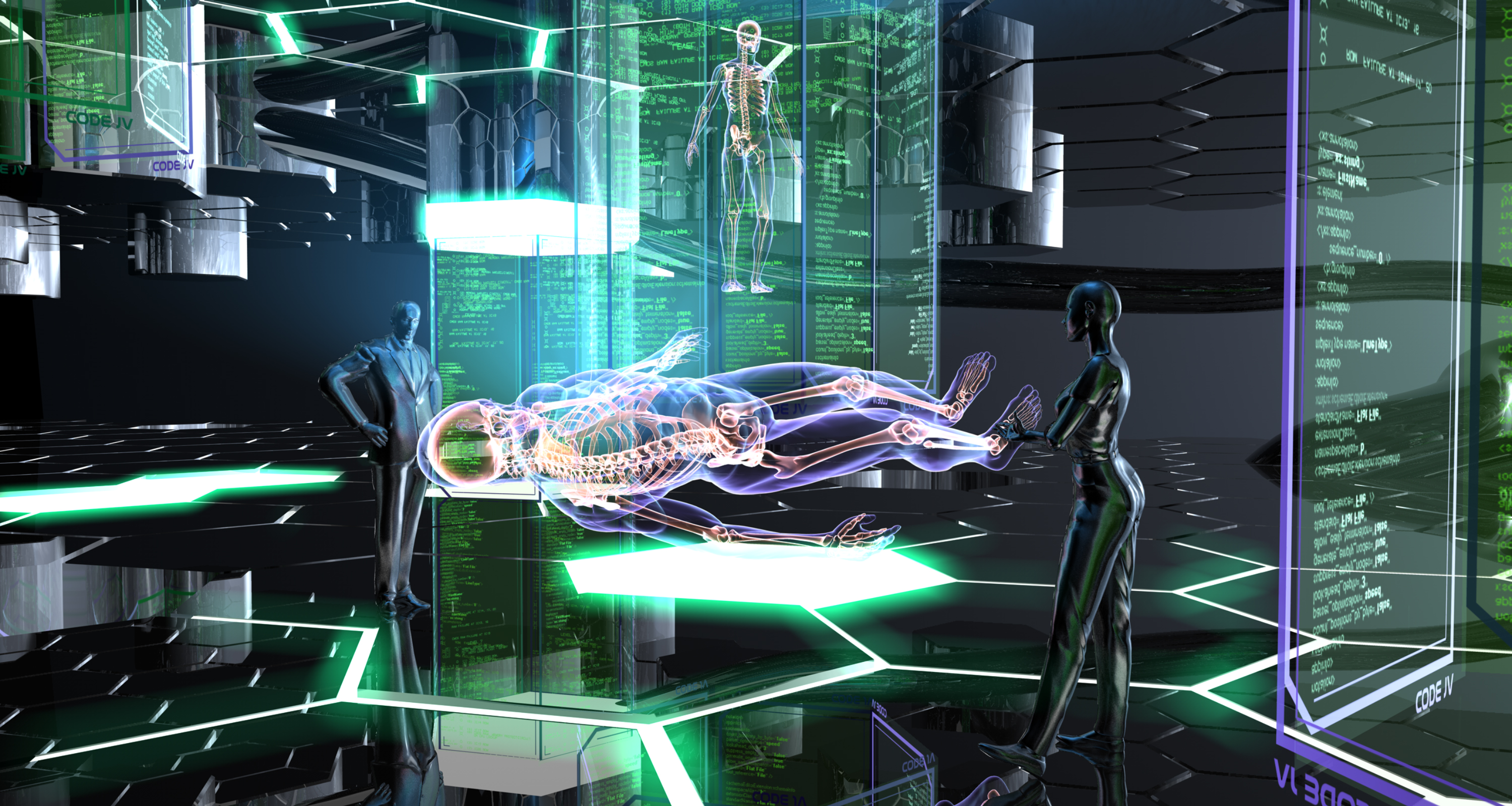
With millions of US citizens having received part or the entire COVID-19 vaccine, depending on the brand, policymakers and medical providers have been focused on getting a majority of residents vaccinated as soon as possible.
But while the vaccination effort is front and center, researchers are beginning to tap AI to help them monitor and decipher emerging coronavirus variants.
In a recent article at TechRepublic, Matthew Putman, an expert in AI and CEO of Nanotronics, an AI platform developer, pointed out that the biggest challenge right now, as well as the biggest opportunity for changing the way current therapeutics are both developed and deployed, is being able to handle new types of variants.
"The things that we have realized in many parts of our lives now is that as good as humans are at exploring things and being creative, being able to deal with enough data and to be able to make intelligent choices about that data is something that actually artificial intelligence agents can do at a pace that is required to keep up with this," Putman said. "Everything that's going on right now is so incredibly urgent. People are more open to AI than ever, and this emergency has brought a focus on things that probably would have been on the backburner. . . AI has been used for the development of components and much more. It's been crucial to the process and will be crucial to an alteration to the vaccine, which is looking like it will have to be done at some point. The way I look at contemporary AI systems, it's taking into account what move is being made next. This is Alpha Go for drug discovery. A virus will mutate in different ways and now a response to that can be developed in new ways.”
Putman went on to compare the situation to the yearly creation of a new flu vaccine, noting that once you've grown a lot of biological specimens, it's usually a slow tedious process to change for new mutations. With mRNA, however, it’s not, “and using AI for being able to see what changes are going on from everywhere from the sequence to the quality inspection is a big deal.”
AI is also helping with vaccine distribution, the article noted.
According to Cheryl Rodenfels, a healthcare strategist at Nutanix, AI can be an incredibly useful tool when it comes to vaccine distribution.
For example, organizations that utilize workflow improvement processes can harness AI tools to ensure that the processes are being followed as designed and that any missing elements are identified, Rodenfels said, adding that this process plays into vaccine tracking measures specifically, as AI will track vaccine handling, storage and administration.
"Relying on the technology to manage distribution data eliminates human error, and ensures that healthcare organizations are accurately tracking the vast amounts of data associated with the vaccine rollout.”


